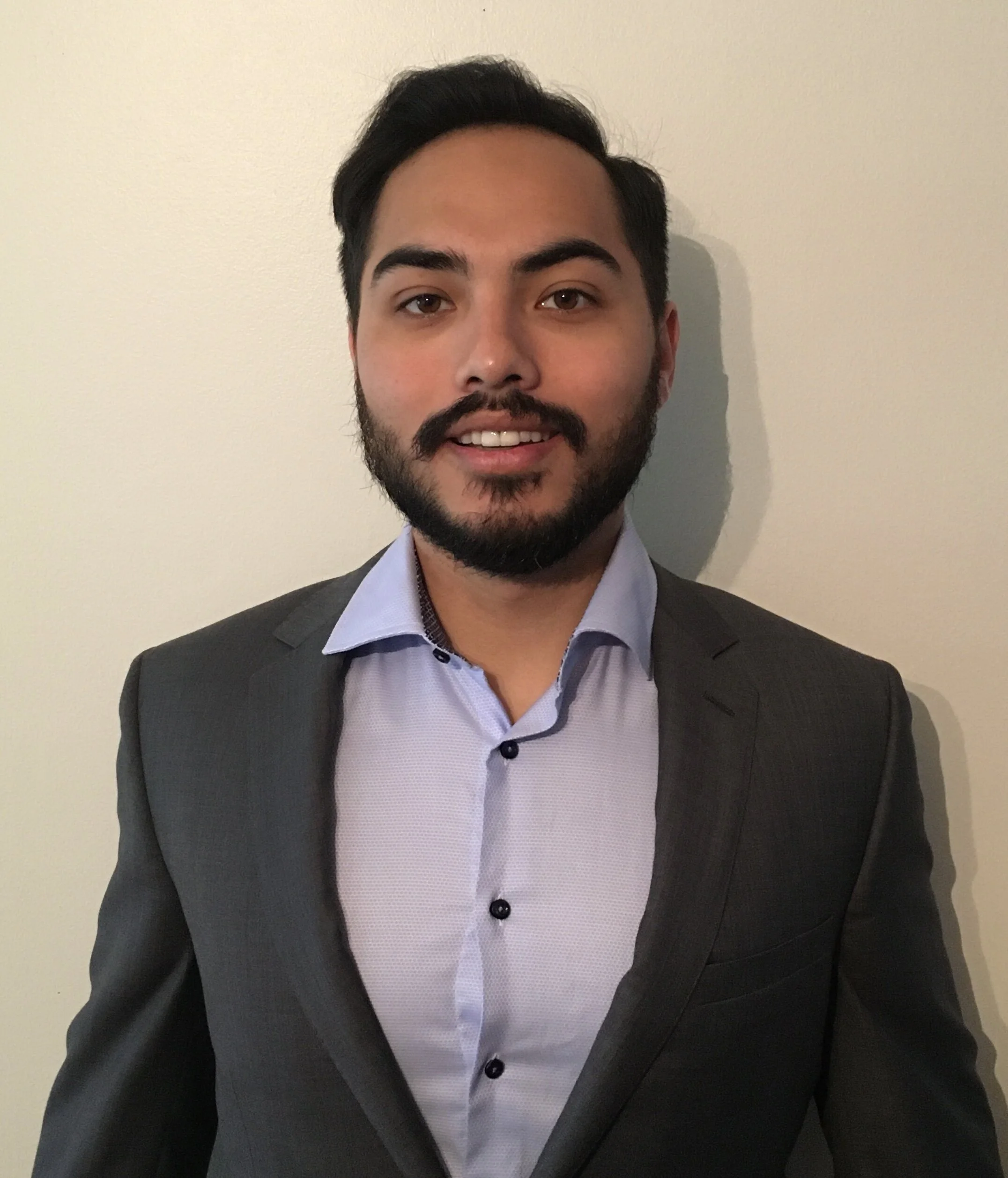'On the move' towards altruism in emergency medicine
Kendall Bielak always knew she wanted to work in healthcare serving others. Her love of travel and “go-go-go” attitude have inspired her to work towards making healthcare and emergency medicine more accessible to communities. The Knoxville, Tennessee native has taken a liking to Virginia: she received her undergraduate degree from George Mason University’s Honors College, and is currently in med school at the University of Virginia.
What do you love most about emergency medicine and why did you choose it?
Emergency medicine, at its most superficial level, is acute care management — yet, as you submerge deeper, it becomes a complex tangle that reflects the needs and health of the entire community. One of my residents called this specialty “the ultimate form of primary care,” one with perpetually open doors and unrestricted access. This resonated with me and aligned with the intention of becoming a physician in the first place: to provide equal and outstanding care for anyone and everyone in need.
What do you hope for the future of emergency medicine?
I hope that it becomes more holistic in that it reaches into the community, and the skills used in emergency medicine transcend to other medical specialties.
What do you do in your free time outside of the ED?
I am always looking for my next adventure, scanning flights for the best deals. Whether a two-day weekend or a week of vacation, I strive to be exploring new locations whenever I can. Next year, I am planning to hike Kilimanjaro!
What motivates you?
I am motivated by the idea of altruism. Altruism is defined as "the belief in or practice of disinterested and selfless concern for the well-being of others". In high school, my biology teacher argued that altruism cannot exist in the animal or human world since survival is reliant on some form of self-gain. Whether or not this is true, I strive to live in a way that serves others with no personal gain other than the desire to care.
Why did you join our organization?
I joined VACEP so that I could connect with emergency physicians across the state. I wanted to know more about the policies affecting this specialty, and how, as a team, we are addressing them.
Are you involved in any volunteer organizations (outside of ACEP/VACEP)? Tell us where and how do you give back.
As a second-year medical student, I dove deep into community engagement by joining the Virginia Wellness Initiative (VWI) as an executive board member. VWI is a student-run organization that actively seeks out community partnerships in order to implement local health screenings. As a board member and volunteer, I forged new partnerships and reinforced old ones, facilitating medical students to work in the community with various populations, from undocumented immigrants to people facing homelessness. I’m passionate about playing a vital role in building trust in the medical system, and in turn, enhancing the health and happiness of the community in which we all live.
How would you like to see ACEP/VACEP improve?
I would love to see more medical student interaction with VACEP and hope the new medical student council will help achieve this.
What would you say to someone thinking about getting involved with VACEP?
If you are passionate about the issues affecting emergency medicine and want to get involved, this is the right organization for you!
What would be the title of your autobiography? Why?
“On the Move.”
Whether traveling between countries or seeing the next patient, I have a go-go-go attitude that is unstoppable.






